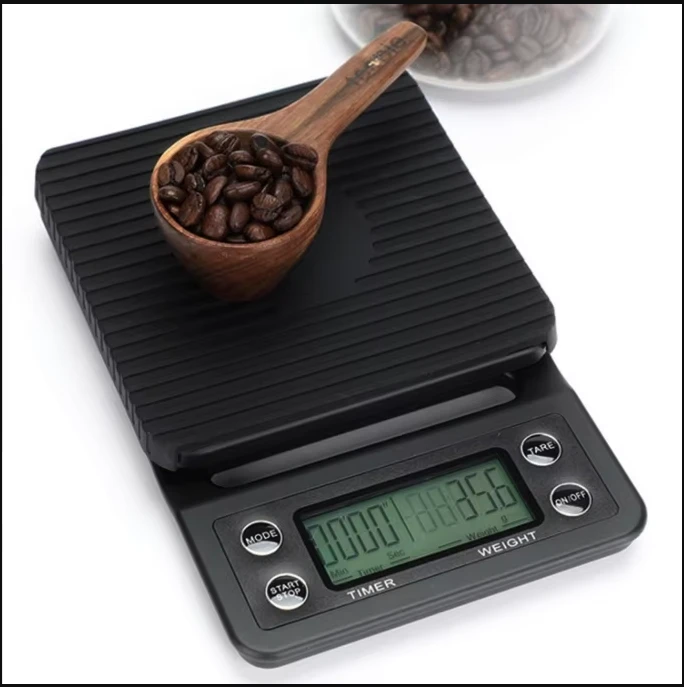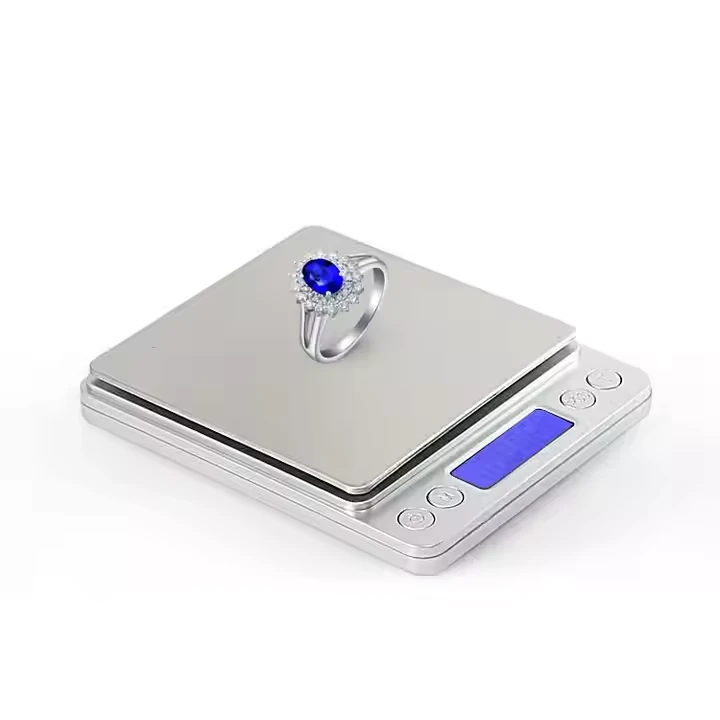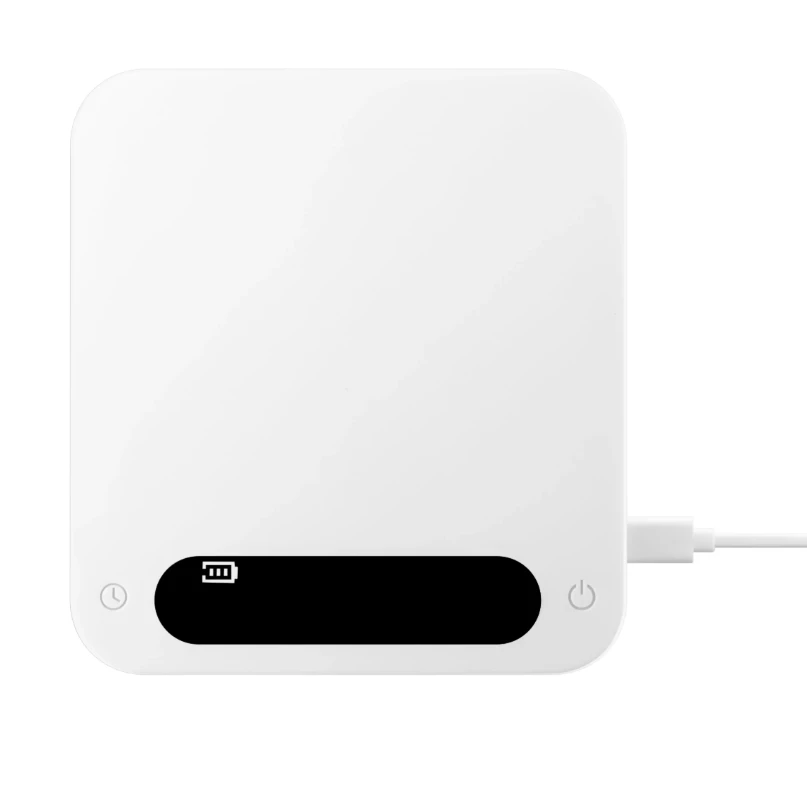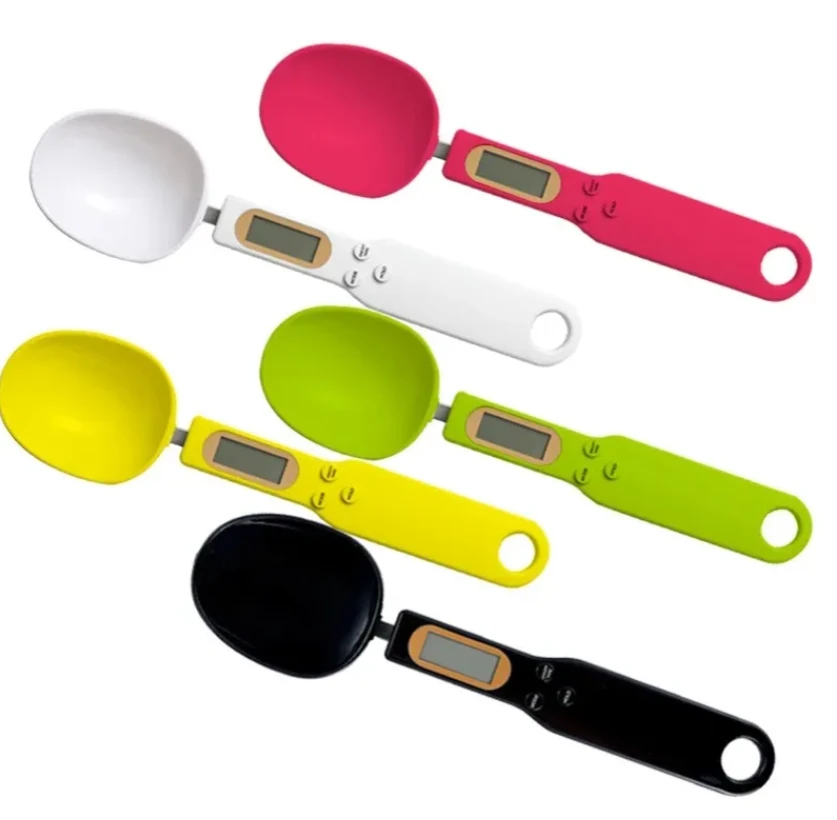- Mirror
- Floor Mirror
- Floor Mirror
- chnmst - Redefining Spaces with Exquisite Full - length Mirrors
- Ordinary Mirror
- Hanging Clothes Rack Storage Function Mirror
- Floor Mirror For Bedroom
- Standing Full - Length Mirror with Storage Rack: Redefine Your Home Dressing Space
- Elevate Your Space with Our Rotating Wooden Full - Length Mirror
- Wall Mirror
- Door Mirror
- LED Mirror
- Makeup Mirror
- Floor Mirror
- Fish Tank
- Scented Candles
Electronic scales are categorized into three primary types by usage
Household scales (body weight, body fat analyzers, kitchen scales)
Commercial scales (counter scales, pricing scales, luggage scales)
Professional scales (laboratory balances, industrial platforms, jewelry scales)
High-Precision measurement:This electronic scale has advanced sensors, measures weight in 0.5 Kg increments, covers kids' to adults' weights, with a 200 Kg maximum.
View MoreHigh-Precision measurement:This electronic scale has advanced sensors, measures weight in 0.5 Kg increments, covers kids' to adults' weights, with a 200 Kg maximum.
View MorePrecise Measurement:This coffee scale has high-precision sensors, accurately measuring coffee grounds or beans, with a 0.1g division value and around 2000g max range.
View MoreHigh-Precision Measurement:This jewelry scale has ultra-precise sensors, accurately measures up to 500g down to 0.01g for diamond debris and gemstones.
View MoreAccurate Weight Measurement: This Mini kitchen electronic scale provides precise weight measurements with a value of 1g, ensuring that users can accurately weigh their ingredients for cooking and baking, as requested by [the user who values precision
View MorePrecise Weighing:This luggage scale has high-precision sensors, measuring luggage weights accurately, with a 0.1kg division value and 50kg max range.
View MoreAccurate Weighing: This digital kitchen scale offers a precise measurement of up to 500g with an accuracy of 0.1g, ensuring that users can accurately measure ingredients for cooking and baking.
View MoreCONSULT INFORMATION IMMEDIATELY
Contact us today for a personalized quote and discover unbeatable prices on our premium products!
Electronic Scales Advantages

High Precision and Accuracy
Electronic scales offer highly accurate and consistent weight measurements, ensuring reliable results for both commercial and personal use.

User-Friendly Digital Display
Equipped with clear LCD or LED screens, these scales provide easy-to-read measurements and intuitive controls for efficient operation.

Multiple Functions and Units
Most electronic scales support various units (grams, kilograms, pounds, ounces) and features like tare, auto-off, and overload protection, enhancing versatility.
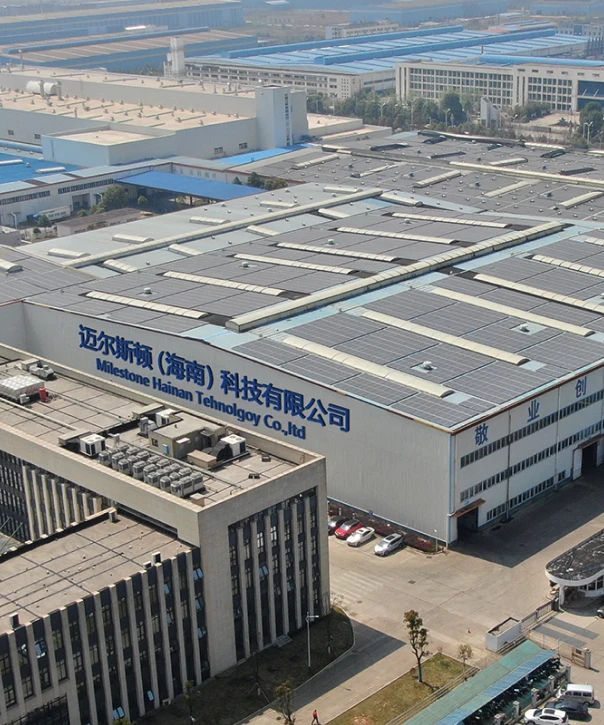
How Accurate Is An Electronic Scale
The accuracy of an electronic scale depends on various factors such as the quality of the scale, its calibration, and environmental conditions. High-quality digital scales can offer accuracy within 0.1 kg or 0.2 pounds, but cheaper models may have a margin of error ranging from 0.5 to 1 kg. Proper calibration is crucial for maintaining precision, and it’s recommended to calibrate the scale periodically or after moving it to a new location. Factors like uneven surfaces, temperature fluctuations, and the weight distribution on the scale can also affect its readings. Additionally, the type of load (e.g., body weight, luggage) and the scale's sensitivity to small changes can impact how accurate the results are. Overall, while electronic scales provide convenience and reasonably accurate measurements, regular calibration and consistent usage are key to ensuring reliable results.







